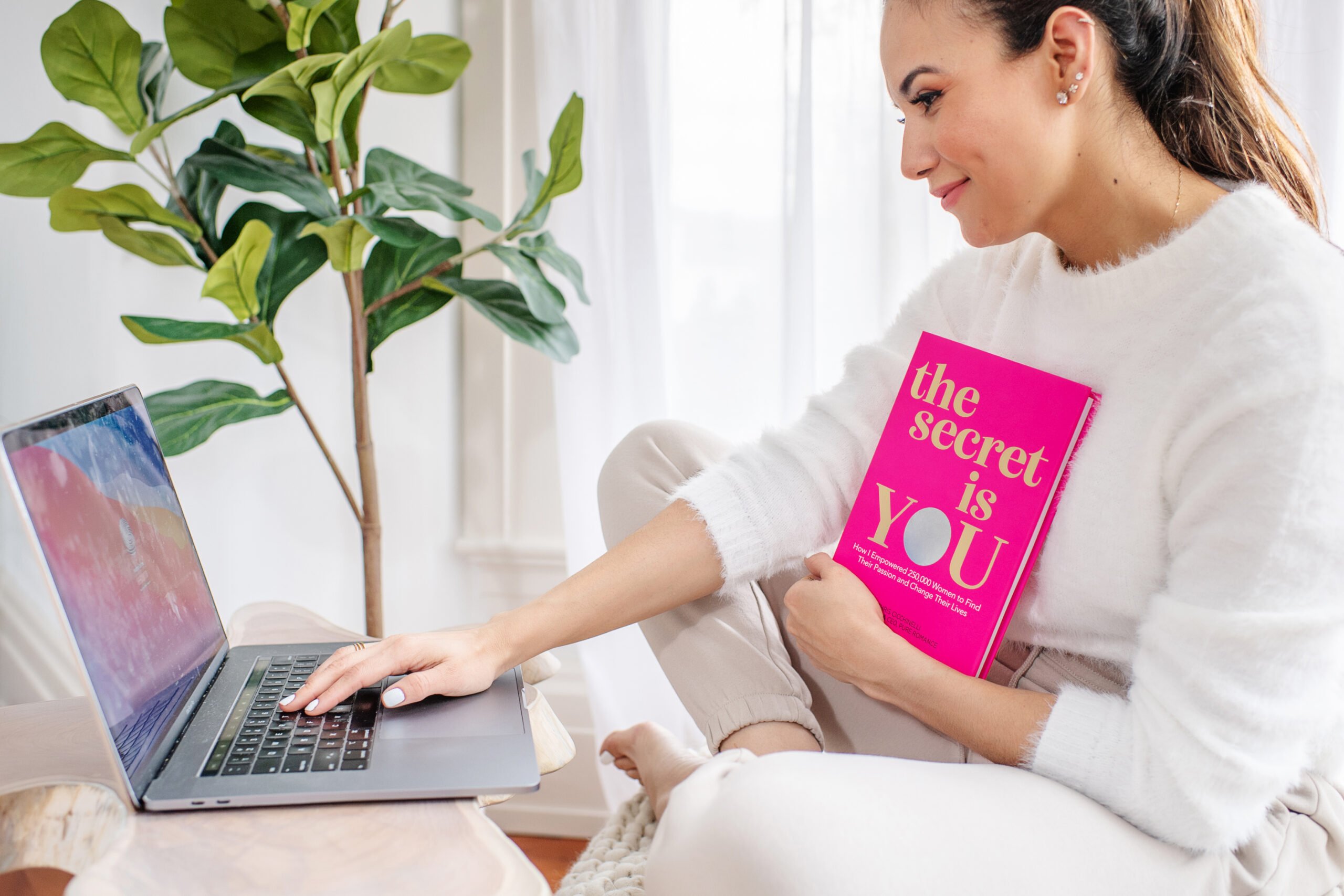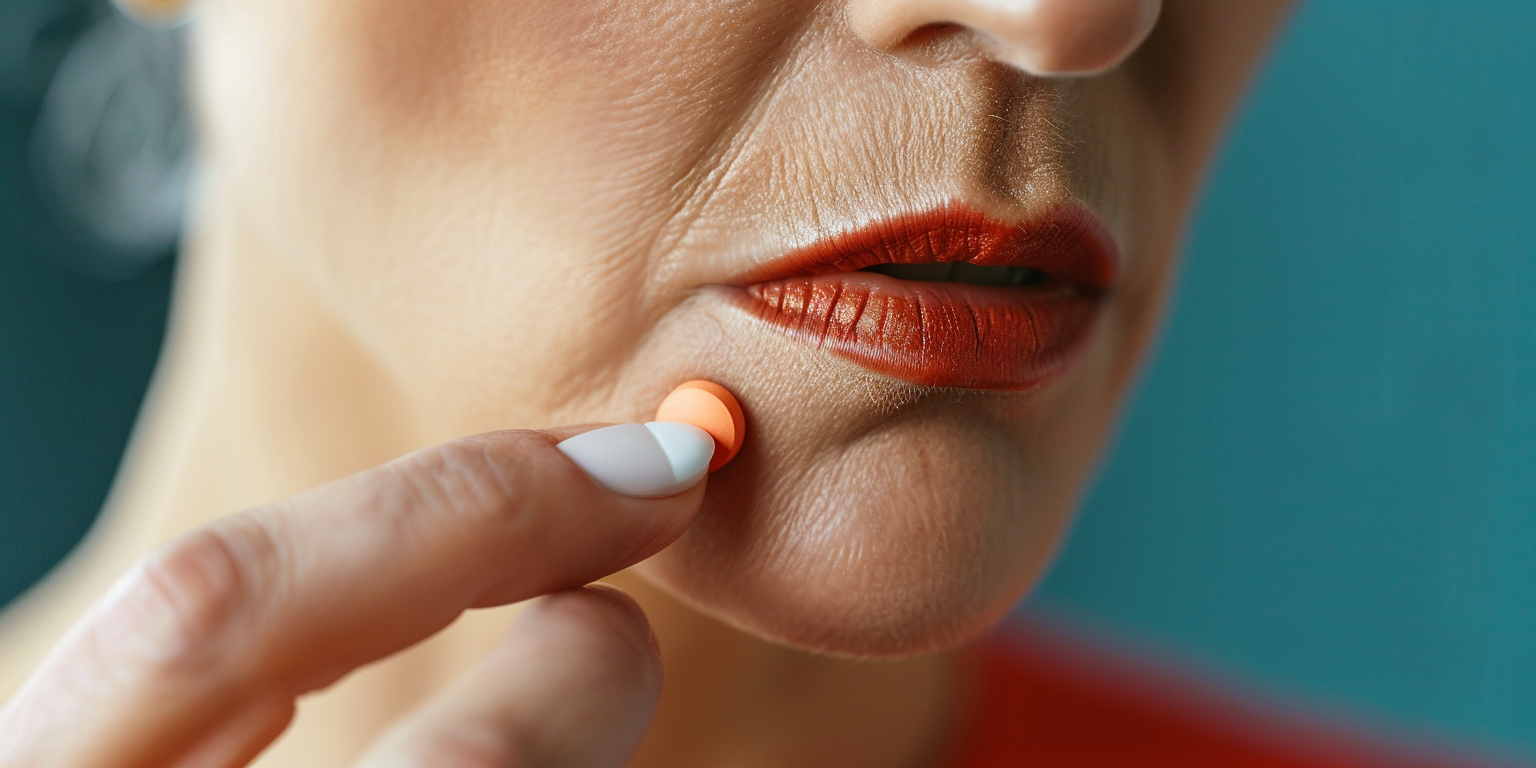The coronavirus pandemic has changed everything, including how we access medications. With stay-at-home orders in place, getting the drugs your doctor prescribed you can be a challenge.
The good news is, there are still ways to get the prescriptions you and your family need to stay healthy. You just might have to plan a little further ahead than you did previously.
Especially if you’re taking mission-critical medication, here’s how to get it in these trying times:
1. Be Mindful of How Much Medication You Have
How many pills or milliliters of your medication are left in your medicine cabinet? How many refills are available? If you can’t answer those questions off the top of your head, go home and check.
Keep in mind, some healthcare providers might not feel comfortable refilling prescriptions if they haven’t seen you in a while. If that’s the case, ask your doctor if you can schedule a telemedicine visit instead of a traditional appointment.
Realize, too, that doctors are busier now than ever before. If you can’t get a hold of your doctor, but you need their authorization, call your pharmacist. Request that they reach out to your insurer for an override code.
Fortunately, many health insurance plans have changed their refill policies amid the pandemic. Depending on the drug, pharmacists may be able to dispense up to a 90-day supply. If yours doesn’t qualify, your provider can help you apply for a quantity limit exception.
With that said, don’t stockpile medication. This could create a shortage, making it tougher for others taking the drug to access it.
It’s important to be prepared. But you shouldn’t put someone else’s health at risk just for your own peace of mind.
2. Consider Having Your Medications Delivered
Many healthcare providers have changed their policies to serve more patients remotely. In addition to virtual appointments, doorstep medication delivery is becoming the new normal.
One example is birth control. Telehealth providers like Nurx connect patients with medical experts digitally, which can prescribe everything from Plan B to birth control shots. Prescriptions are then discreetly shipped to the patient’s home.
If you’re not sure whether your pharmacy does delivery, call and ask. Check whether your insurance pharmacy benefits qualify you for discounted delivery.
If your pharmacy doesn’t offer delivery, consider asking a family member or trusted friend to pick up your medications and leave them at your door. Under HIPAA regulations, pharmacists are allowed to let someone else collect your prescription.
3. Don’t Take Risks With Expired Drugs
If you’re not able to get a new batch of medication in time, don’t take the risk of consuming expired drugs. Many of them break down over time into ineffective or even toxic byproducts.
The best-case scenario is that an expired drug is no longer as potent. With liquid medications like eye drops and cough syrups, bacterial growth may be an issue. Others, like antibiotics, may have stronger side effects than they did when new.
Make sure that refrigeration-required medications stay cold. Store the rest in a cool, dark, and dry location. And when in doubt, throw it out.
What about the missed doses? Always check with your doctor, but unless it’s a life-or-death medication, the bigger risk is likely to be consuming a chemical that could harm you.
4. If You Must Go Out, Protect Yourself
Not all medical conditions can be evaluated via videoconference. If your doctor asks you to come in for a closer look, make sure you take the suggested safety precautions. Wear a mask, and do your best to maintain six feet of space between yourself and others.
Other best practices include using a credit card instead of cash, using hand sanitizer after touching surfaces, and washing your hands with soap for at least 20 seconds. Most importantly, stay home if you’re feeling sick. Your doctor should be happy to help you reschedule your appointment.
5. Reach Out if Affordability Is an Issue
If COVID-19 has blown a hole in your budget, don’t be embarrassed: Pollster Gallup reports nearly a third of Americans have lost a job or other income stream during the pandemic.
Help is available if you can’t afford your medication. First check with your insurer: Do they have a patient assistance program you might qualify for? If you’re on Medicare, you can apply for Extra Help, which lowers your prescription costs.
If you’ve lost your health insurance, contact a nonprofit. Groups like Needy Meds give grants to low-income people who can’t afford their medications.
6. Don’t Forget About OTC Drugs
It’s a good idea to stock up on over-the-counter drugs (OTC) like acetaminophen and cough syrup. These drugs are inexpensive and safe enough to be administered at home.
If you do end up contracting coronavirus, your doctor is likely to suggest you start treatment with OTC medications. Many people can recover from the coronavirus at home with the help of OTC drugs.
Remember, too, that other illnesses aren’t taking a break just because of the pandemic. Everything from stomach aches to allergic reactions can be treated at home, minimizing your exposure. You don’t want to set foot in a doctor’s office right now if you don’t have to.
7. Never Clean Your Medications
Because surface disinfectants like Lysol are virucidal, some people have tried using them to disinfect their medications. Not only is this unnecessary, but it risks ingestion of toxic substances.
While you might be nervous about taking medicine after a pharmacist dispenses it, there’s no reason for concern. Pharmacists and technicians don’t touch the medication itself. It’s dispensed using mechanical devices, or the medicine is poured into a pill tray. Either way, it’s safe.
Medications save lives everyday. While it’s important to minimize your risk of contracting COVID-19, it’s equally important to make sure you can access your prescriptions.
Treat your medications like food or toilet paper: If you’re running low, don’t put off the call, click, or trip. You have to put your health first, especially at a time like this.

